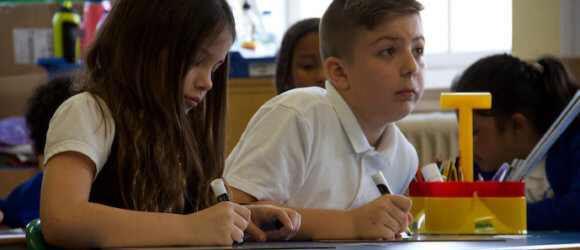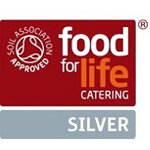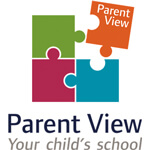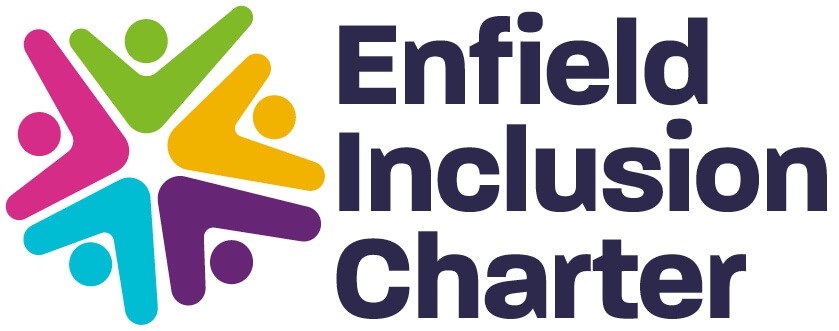EAL
EAL – English as an Additional Language

At Highfield we are lucky to have 48 different languages spoken by parents and children within our school community. We believe it is a great opportunity to have these many different cultures and languages.
EAL means English as an Additional Language; whether your child is a confident speaker of English as well as their home language or if they have very little English, they will still be considered to be an EAL learner.
We assess our EAL learners according to their English language skills as well as how they are performing within the national curriculum. This is so we can make sure we give your child the best support we can to achieve to their full potential.
Resources Available
- Dual Language Books – Children and parents can read in English and their home language. If you would like your child to be able to bring a dual language book home please speak to your class teacher.
- Dual Language dictionaries – We have a range of dual language dictionaries, made specifically for children, to support children as they develop their understanding of English.
- Education City – An interactive website which, through activities and games, helps children improve their speaking and comprehension skills.
Young Interpreters 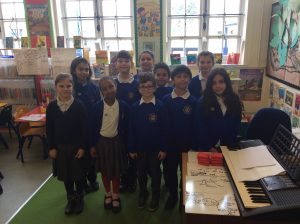 At Highfield we value the opportunities of having so many children that speak and additional language gives us and having a group of children that can interpret for others and help newcomers settle into the school is part of this.
At Highfield we value the opportunities of having so many children that speak and additional language gives us and having a group of children that can interpret for others and help newcomers settle into the school is part of this.
The role of Young Interpreters;
- To show visitors around the school, particularly new children who don’t speak English and their families.
- Buddy up with new arrivals (particularly at lunchtime and playtime) during their 1st few weeks to show them where things are in the school etc.
- Introduce new arrivals to other pupils and help them communicate.
- Where appropriate help teachers by translating through a shared language or in English, using strategies learnt as part of the training.
- Check that new arrivals are settling in well at the school.
- Have regular meetings with the Young Interpreter Coordinator (Mr Wilson)
- Run a lunchtime club teaching children a different language or talking to children who have just joined the school in their 1st
Language of the Term
Each term we find out about one of the many languages that are spoken by parents and children at Highfield. In class we will be finding out where that language is spoken, who in our school speaks it and we will learn some words and phrases from that language. We encourage children who speak that language to speak to their class about their language and culture.
The Language of the Month for February 2017 is Turkish
Turkish Q & A
What Can you do?
Being able to speak more than one language is a great opportunity for a child. Being literate in a home language has been shown to support a child’s development of English language rather than hinder it. Keep speaking and reading with your child in your home language as well as encouraging them in their English language learning.
Links:
If you would like to find out more about how to support your child in their English Language Learning you may find these sites useful:
https://eal.britishcouncil.org/parents/support-your-child


